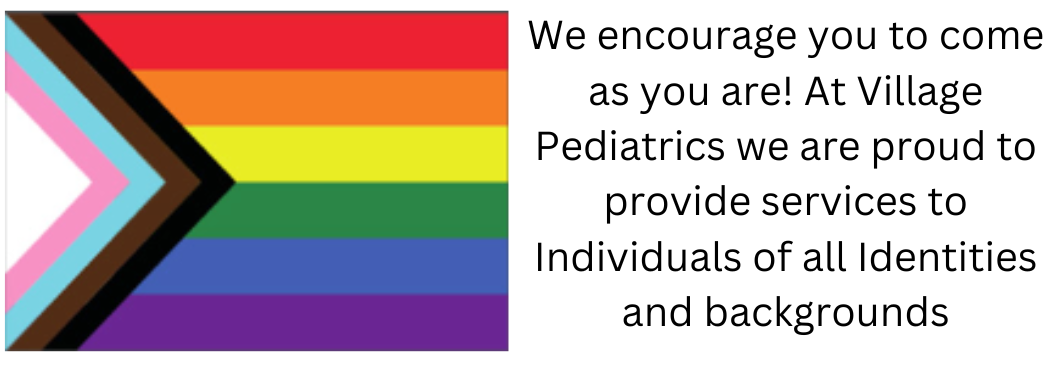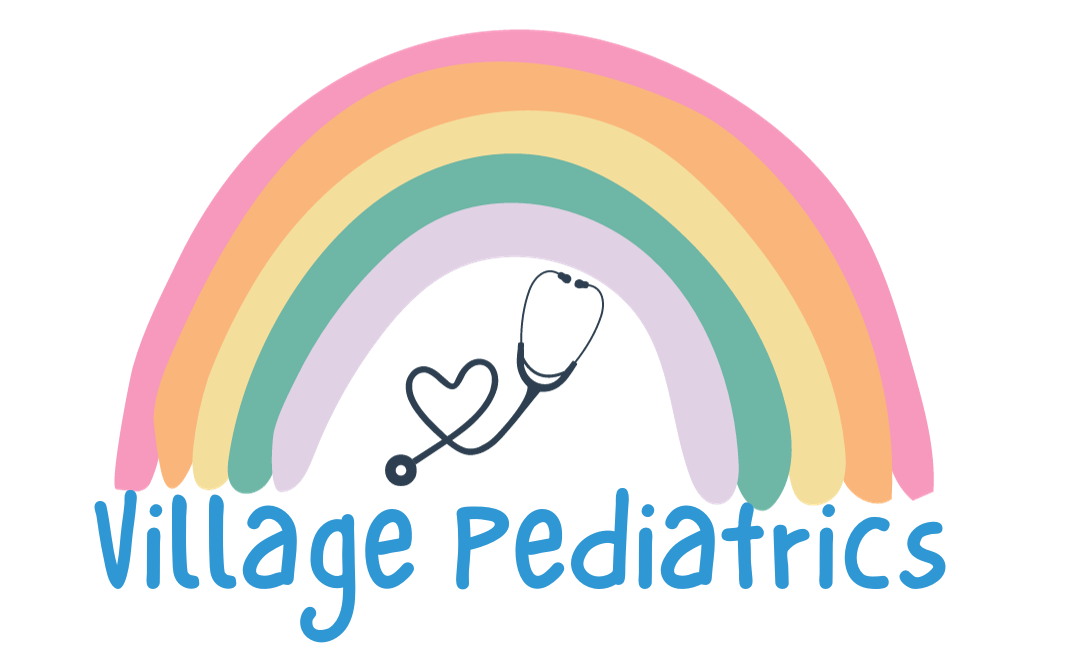203-221-7337 (PEDS)
323 Riverside Ave. 2nd Floor, Westport, CT 06880
VIS—Meningococcal ACWY Vaccine
1. Why get vaccinated?
Meningococcal disease is a serious illness caused by a type of bacteria called
Meningococcal disease can spread from person to person through close contact (coughing or kissing) or lengthy contact, especially among people living in the same household.
There are at least 12 types of
Anyone can get meningococcal disease but certain people are at increased risk, including:
-
Infants younger than one year old
-
Adolescents and young adults 16 through 23 years old
-
People with certain medical conditions that affect the immune system
-
Microbiologists who routinely work with isolates of
N. meningitidis -
People at risk because of an outbreak in their community
Even when it is treated, meningococcal disease kills 10 to 15 infected people out of 100. And of those who survive, about 10 to 20 out of every 100 will suffer disabilities such as hearing loss, brain damage, kidney damage, amputations, nervous system problems, or severe scars from skin grafts.
Meningococcal ACWY vaccines can help prevent meningococcal disease caused by serogroups A, C, W, and Y. A different meningococcal vaccine is available to help protect against serogroup B.
2. Meningococcal ACWY Vaccines
There are two kinds of meningococcal vaccines licensed by the Food and Drug Administration (FDA) for protection against serogroups A, C, W, and Y: meningococcal conjugate vaccine (MenACWY) and meningococcal polysaccharide vaccine (MPSV4).
Two doses of MenACWY are routinely recommended for adolescents 11 through 18 years old: the first dose at 11 or 12 years old, with a booster dose at age 16. Some adolescents, including those with HIV, should get additional doses. Ask your health care provider for more information.
In addition to routine vaccination for adolescents, MenACWY vaccine is also recommended for certain groups of people:
-
People at risk because of a serogroup A, C, W, or Y meningococcal disease outbreak
-
Anyone whose spleen is damaged or has been removed
-
Anyone with a rare immune system condition called "persistent complement component deficiency"
-
Anyone taking a drug called eculizumab (also called Soliris®)
-
Microbiologists who routinely work with isolates of
N. meningitidis -
Anyone traveling to, or living in, a part of the world where meningococcal disease is common, such as parts of Africa
-
College freshmen living in dormitories
-
U.S. military recruits
Children between 2 and 23 months old, and people with certain medical conditions need multiple doses for adequate protection. Ask your health care provider about the number and timing of doses, and the need for booster doses.
MenACWY is the preferred vaccine for people in these groups who are 2 months through 55 years old, have received MenACWY previously, or anticipate requiring multiple doses.
MPSV4 is recommended for adults older than 55 who anticipate requiring only a single dose (travelers, or during community outbreaks).
3. Some people should not get this vaccine
Tell the person who is giving you the vaccine:
-
If you have any severe, life-threatening allergies.
If you have ever had a life-threatening allergic reaction after a previous dose of meningococcal ACWY vaccine, or if you have a severe allergy to any part of this vaccine, you should not get this vaccine. Your provider can tell you about the vaccine's ingredients.
-
If you are pregnant or breastfeeding.
There is not very much information about the potential risks of this vaccine for a pregnant woman or breastfeeding mother. It should be used during pregnancy only if clearly needed.
If you have a mild illness, such as a cold, you can probably get the vaccine today. If you are moderately or severely ill, you should probably wait until you recover. Your doctor can advise you.
4. Risks of a vaccine reaction
With any medicine, including vaccines, there is a chance of side effects. These are usually mild and go away on their own within a few days, but serious reactions are also possible.
As many as half of the people who get meningococcal ACWY vaccine have mild problems following vaccination, such as redness or soreness where the shot was given. If these problems occur, they usually last for 1 or 2 days. They are more common after MenACWY than after MPSV4.
A small percentage of people who receive the vaccine develop a mild fever.
Problems that could happen after any injected vaccine:
-
People sometimes faint after a medical procedure, including vaccination. Sitting or lying down for about 15 minutes can help prevent fainting, and injuries caused by a fall. Tell your doctor if you feel dizzy, or have vision changes or ringing in the ears.
-
Some people get severe pain in the shoulder and have difficulty moving the arm where a shot was given. This happens very rarely.
-
Any medication can cause a severe allergic reaction. Such reactions from a vaccine are very rare, estimated at about 1 in a million doses, and would happen within a few minutes to a few hours after the vaccination.
As with any medicine, there is a very remote chance of a vaccine causing a serious injury or death.
The safety of vaccines is always being monitored. For more information, visit: www.cdc.gov/vaccinesafety/
5. What if there is a serious reaction?
What should I look for?
-
Look for anything that concerns you, such as signs of a severe allergic reaction, very high fever, or unusual behavior.
Signs of a severe allergic reaction can include hives, swelling of the face and throat, difficulty breathing, a fast heartbeat, dizziness, and weakness — usually within a few minutes to a few hours after the vaccination.
What should I do?
-
If you think it is a severe allergic reaction or other emergency that can't wait, call 9-1-1 and get to the nearest hospital. Otherwise, call your doctor.
-
Afterward, the reaction should be reported to the "Vaccine Adverse Event Reporting System" (VAERS). Your doctor should file this report, or you can do it yourself through the VAERS web site at www.vaers.hhs.gov, or by calling 1-800-822-7967.
6. The National Vaccine Injury Compensation Program
The National Vaccine Injury Compensation Program (VICP) is a federal program that was created to compensate people who may have been injured by certain vaccines.
Persons who believe they may have been injured by a vaccine can learn about the program and about filing a claim by calling 1-800-338-2382 or visiting the VICP website at www.hrsa.gov/vaccinecompensation. There is a time limit to file a claim for compensation.
7. How can I learn more?
-
Ask your health care provider. He or she can give you the vaccine package insert or suggest other sources of information.
-
Call your local or state health department.
-
Contact the Centers for Disease Control and Prevention (CDC):
-
Call 1-800-232-4636 (1-800-CDC-INFO) or
-
Visit CDC's website at www.cdc.gov/vaccines
-
Vaccine Information Statement
Meningococcal ACWY Vaccine
03/31/2016
Many Vaccine Information Statements are available in Spanish and other languages. Seewww.immunize.org/vis
Hojas de Información Sobre Vacunas están disponibles en español y en muchos otros idiomas. Visitewww.immunize.org/vis
Source: Centers for Disease Control and Prevention AAP Feed run on: 1/13/2025 Article information last modified on: 8/8/2023
Contact Us
323 Riverside Ave
2nd Floor
Westport, CT 06880
203-221-7337 (p)
888-354-7455 (f)
office@villagepedi.com

Office Hours
Monday-Friday: Walk Ins- 8:00am-8:30am
Monday-Wednesday:
8:30 am - 5:00 pm
Thursday: 8:30am-6:00pm
(every other Thursday until 8pm)
Friday- 8:30am-4:00pm
Saturday- 09:00am-1:00pm
Contact Us
323 Riverside Ave
2nd Floor
Westport, CT 06880
203-221-7337 (p)
888-354-7455 (f)
office@villagepedi.com

